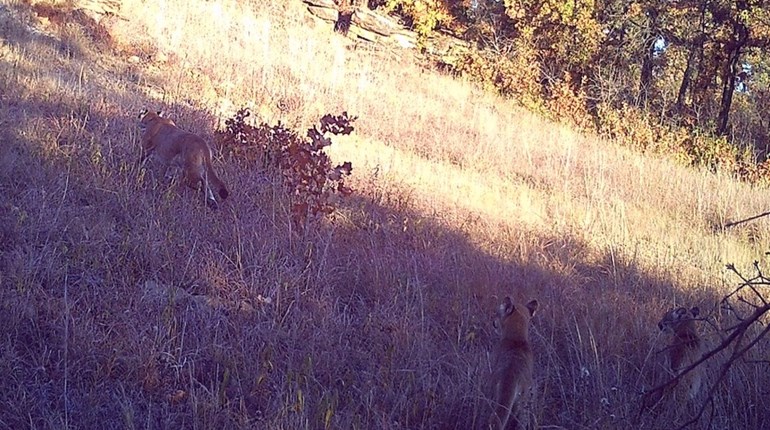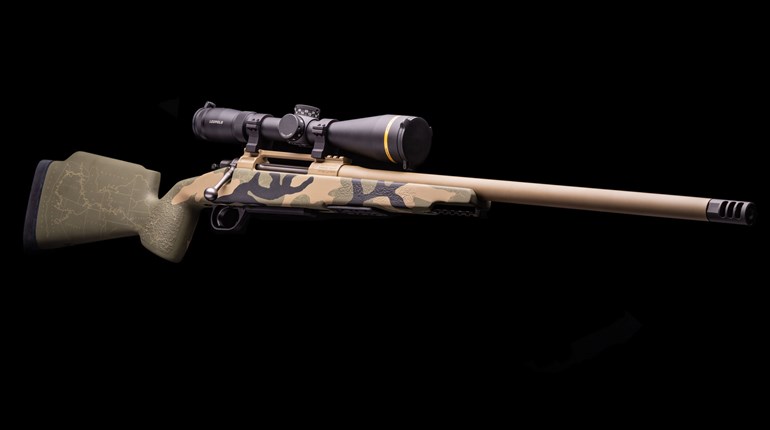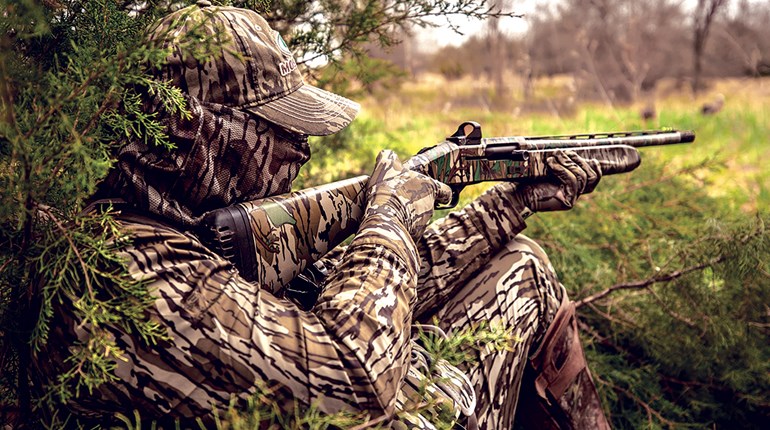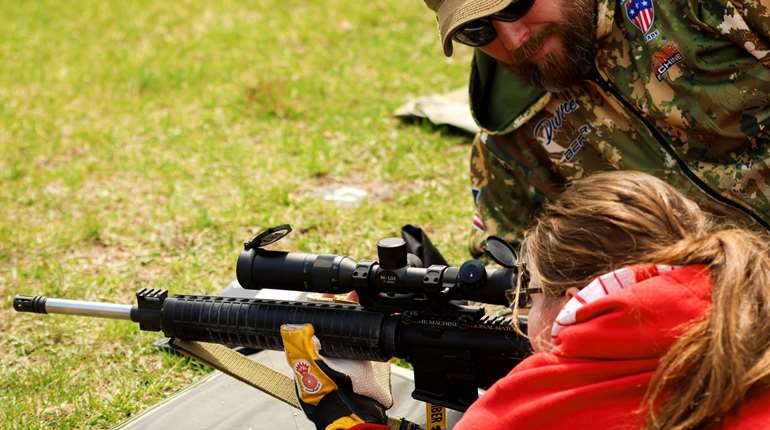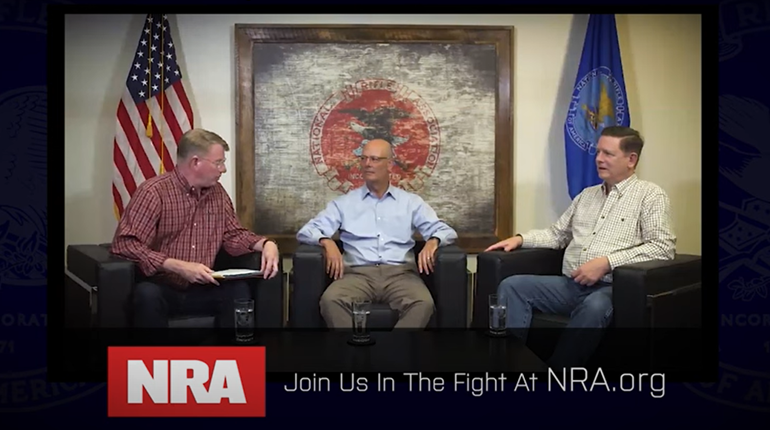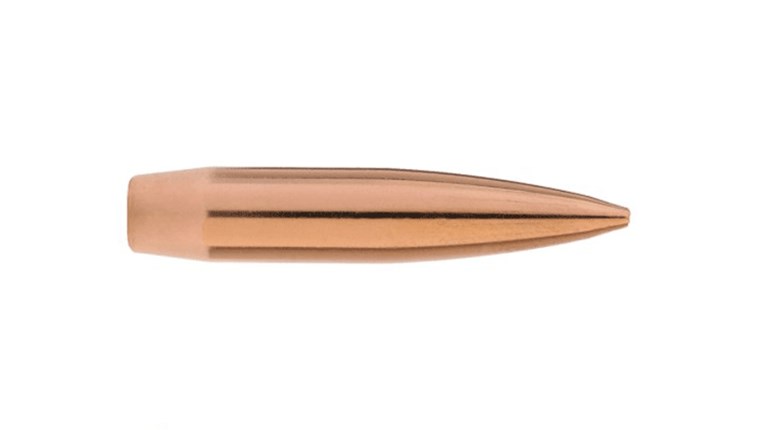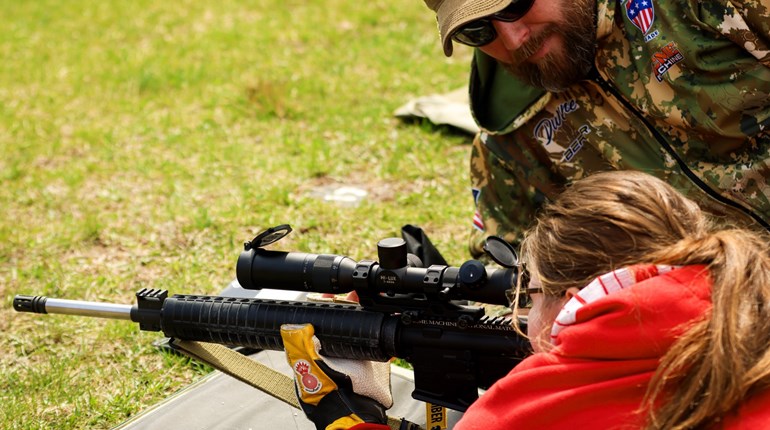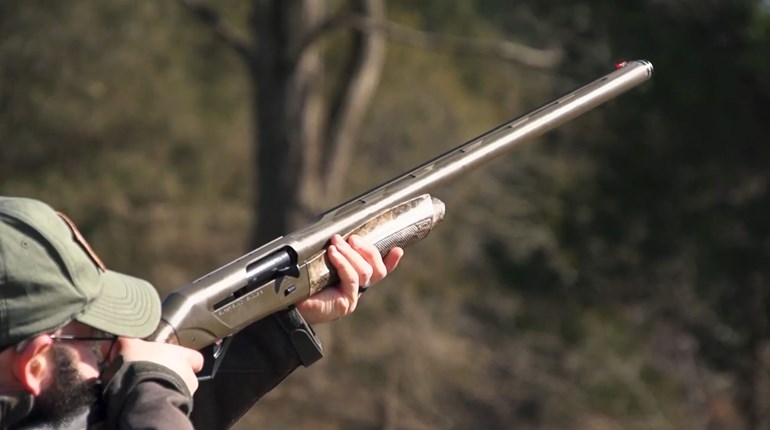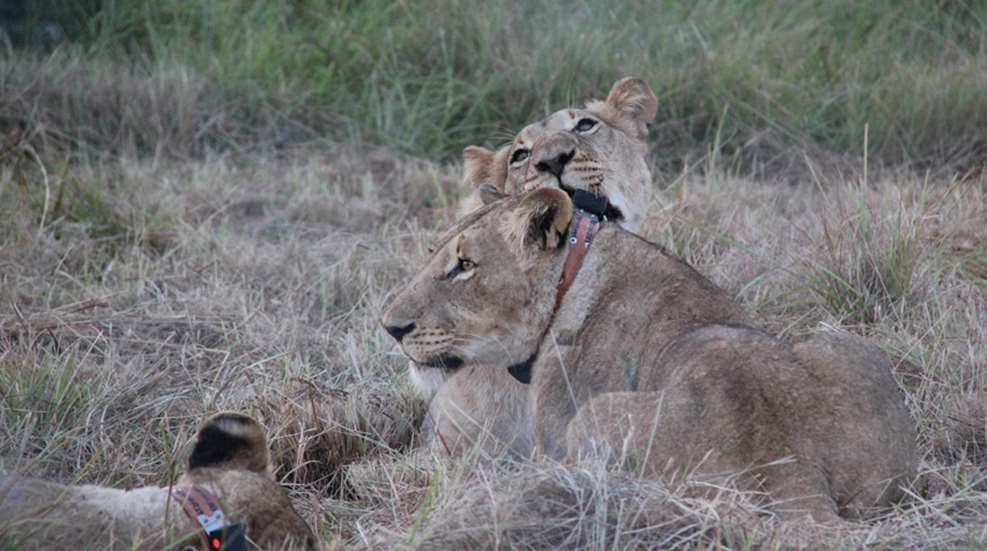
Zambeze Delta Safaris’ Mungari Camp in Mozambique is one of the most remote outposts on earth. Miles of sand forests surround Mungari and to the north, where the Zambezi River flows into the Indian Ocean, lies the largest delta ecosystem on the eastern coast of Africa. There are no paved roads in this expansive wilderness which covers more than two million acres, and the handful of human inhabitants in the region live in remote villages connected by worn footpaths. It was quite a shock, then, to see a Pilatus PC-24 private jet land on Mungari’s grass airstrip. Perhaps more surprising was the fact that the jet had been converted to a mobile animal transport plane and was carrying six sedated lionesses from South Africa.
These lions were the first of their species to set foot in the delta in decades, part of the largest international lion transfer for conservation in Africa’s history—which was funded by the Cabela Family Foundation and hunter dollars. The process of transferring these lions was complex and required five years of planning, volumes of paperwork, tremendous logistical support and a dedicated team of veterinarians and conservation professionals. But in 2018, after careful planning and research, a total of 24 lions were successfully reintroduced into the area.
Why the Zambeze Delta?
African lions demand lots of habitat to thrive, and vast as the continent is there are fewer and fewer wilderness areas in Africa that can support populations of these apex predators. In the mid-twentieth century the delta was one of Africa’s most productive ecosystems. Elephant, buffalo, lion and a host of other species were abundant in the area. But a violent civil war that raged for almost 20 years resulted in the indiscriminate killing of much of the delta’s game, and lions were the first to go. Ravaged by war, any hope of restoration of the delta ecosystem seemed lost. One of Africa’s great wildlife areas, it seemed, was gone forever.
But not everyone was so willing to forsake the delta. Mark Haldane came to Mozambique in 1994 and fell in love with the area. While wildlife numbers were indeed depleted—Cape buffalo numbers had dropped to just 1,200 animals and an aerial survey in 1994 located just 44 sable antelope and only five Selous zebra in the area—Haldane believed that a dedicated anti-poaching initiative and the establishment of a safari camp that the area could once again be restored.
How right he was. Today, thanks to Haldane’s efforts and the support of hunters and hunting organizations like the Dallas Safari Club, the delta looks very much as it did prior to the war. Fast reaction anti-poaching units on motorcycles locate and arrest poachers and destroy their camps, and as the game recovered income from the safari industry provided the local Sena population with jobs (Mark Haldane currently employs 90 people from local villages full-time), meat, and, most importantly, a reason for the delta residents to turn against the gangs of poachers.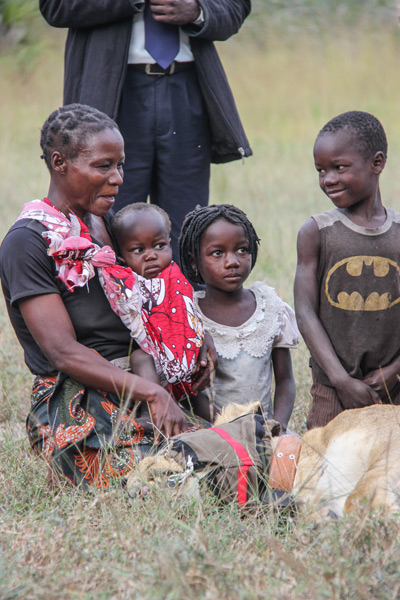
The recovery has been remarkable to say the least. Today there are more than 20,000 buffalo in the area, 3,000 sable, and 2,500 Selous zebra as well as dozens of other species. Elephants are once again abundant, and the delta appeared much like it had in the glory days before the war.
With one exception—there were no lions.
Mark knew that apex predators were essential to complete the recovery efforts in the delta. He enlisted the help of the Ivan Carter Wildlife Conservation Alliance and the Cabela Family Foundation, and together they initiated the 24 Lions project.
“Dick and I raised our children with hunting as part of the family tradition, but giving back to nature in this way is part of the Cabela Family Foundation’s legacy,” says Mary Cabela “We hope that by investing in these 24 lions, we’ll inspire others to step up and put resources toward this critical project.”
Just how valuable is this recovery effort? Conservative estimates suggest that by 2050 the delta lions will comprise no less than 10 percent of the entire wild lion population in Africa. Members of each of the delta lion prides have been outfitted with satellite collars, and the data that they provide will provide resident lion biologist Byron du Preez with vital details regarding how the cats travel, establish territories and hunt. In addition, the collars have allowed Dr. du Preez to establish “geofences” that will send text alerts when any of the lions approach local villages, reducing the odds of human-lion conflict—which protects villagers and the cats alike. Because there is no domestic livestock in the delta (thanks to the irascible tsetse fly, which carries illnesses that kill cattle, sheep and goats) there’s no risk that the lions will turn to livestock for food (which would invariably result in their death).
Hunters are often vilified for the loss of wildlife on the African continent but, in truth, hunters and the dollars they generate through organizations like the Cabela Family Foundation are taking bold steps to protect Africa’s vanishing wildlife resources. The lions released in the delta will be afforded complete protection thanks to Haldane’s anti-poaching teams, and the cats will be able to live out their lives in a pristine wilderness that has been missing these predators for far too long.
To help support lion conservation in the Zambeze Delta visit www.24lions.org.













